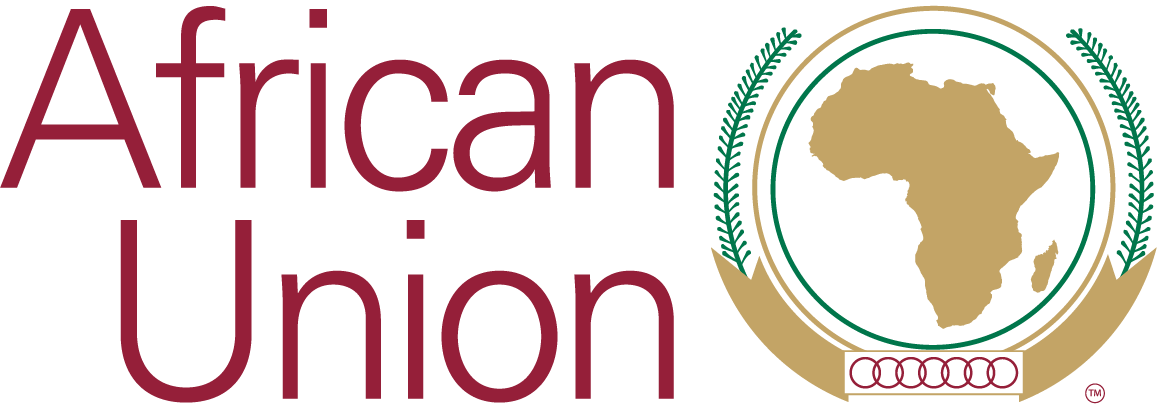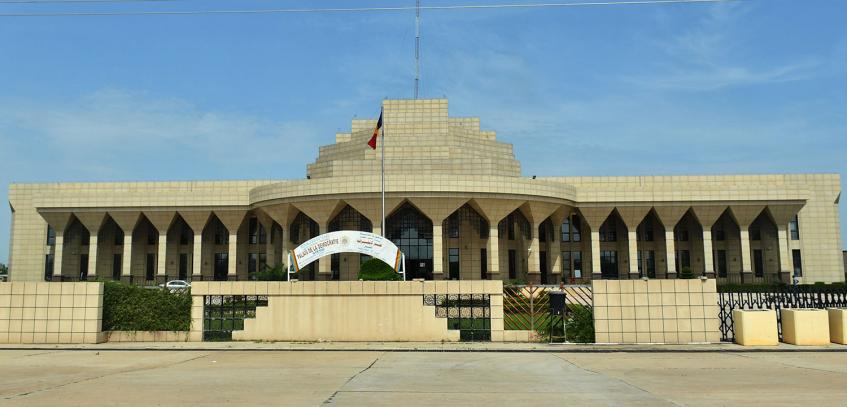The Republic of Chad is set to host the Pan-African Parliament (PAP)’s Regional Conference on Governance and the Promotion of Ratification, Legislative Domestication, and Implementation of African Union Legal Instruments on Shared Values.
The high level Central African Parliamentary engagement will be held on 25-27 September 2023 and hosted by the Parliament of Chad in N’Djamena, the country’s capital. The aim of the Regional Conference is to promote the ratification, domestication, and effective implementation of African Union treaties on human rights, good governance, democracy and peace and security, in line with Agenda 2063 and the African Union's theme for 2023.
The Regional Conference will also address specific and thematic issues relating to the Central African region, for which advocacy and awareness- raising actions need to be undertaken vis-à-vis Member States to accelerate the culture of good governance and respect for the rule of law, and to protect the fundamental freedoms and essential human rights of citizens.
Over the years, Pan-African Parliament’s Regional Conferences have become a platform for Member States from selected regions to review African Union human rights standards, governance, decisions, and policies, and to promote the ratification and legislative incorporation of African Union legal instruments.
The N’Djamena conference will facilitate discussions and the adoption of resolutions on some of the key issues that threaten democracy and good governance on the continent and reinforce a culture that promotes good governance and respect for the rule of law.
Hon. Jaynet Kabila (DRC), Chairperson of the Central Africa Regional Caucus of the Pan-African Parliament says that the conference will raise awareness and build the capacity of the regional economic communities, regional parliamentary bodies and national parliaments of the Central African region on the need to ratify and incorporate into their national legislation the main African Union instruments, the flagship projects of Agenda 2063, in particular "Promoting democracy and good governance", "Silencing the guns in Africa: creating an enabling environment for development" and the African Union's theme for 2023 on the "African Continental Free Trade Area (AfCFTA)";
“ The Regional Conference will be an opportunity to review the decisions of the African Union, in particular those taken at the 35th Ordinary Session of the AU Assembly in February 2022, on the theme of 2022 - "Building Nutritional Resilience on the African Continent: Accelerating Human, Social and Economic Capital Development". It will provide an opportunity to celebrate the progress made by African countries in terms of nutrition and food security and the fight against hunger.
The region will assess the progress made by national and regional parliaments, as well as the challenges encountered in promoting the ratification and legislative incorporation of AU instruments and the implementation of the 2023 African Union theme. Finally, we will seek identify and share best practices, challenges, and successes in parliamentary action for the ratification of the revised Pan-African Parliament Protocol also known as the Malabo Protocol,” says Hon. Kabila.
The Malabo Protocol is intended to extend the powers of the Pan-African Parliament into a fully-fledged legislative organ of the Union. As it stands, its mandate extends to recommendations, consultation, and playing an advisory and oversight role for all AU organs pending the ratification of its protocol. It requires a minimum of 28 countries to ratify it before it comes into force. So far, 15 countries have ratified.
The Pan-African Parliament was established as an organ of the African Union to ensure the full participation of the African people in the development and economic integration of the continent. As part of the African Governance Architecture (AGA) platform, the Pan-African Parliament’s role is to promote the ratification and integration of African Union treaties, facilitate the harmonization of laws and coordinate parliamentary initiatives on governance, democracy and human rights in Africa, either on its own or through national and regional parliaments.
-Ends-








